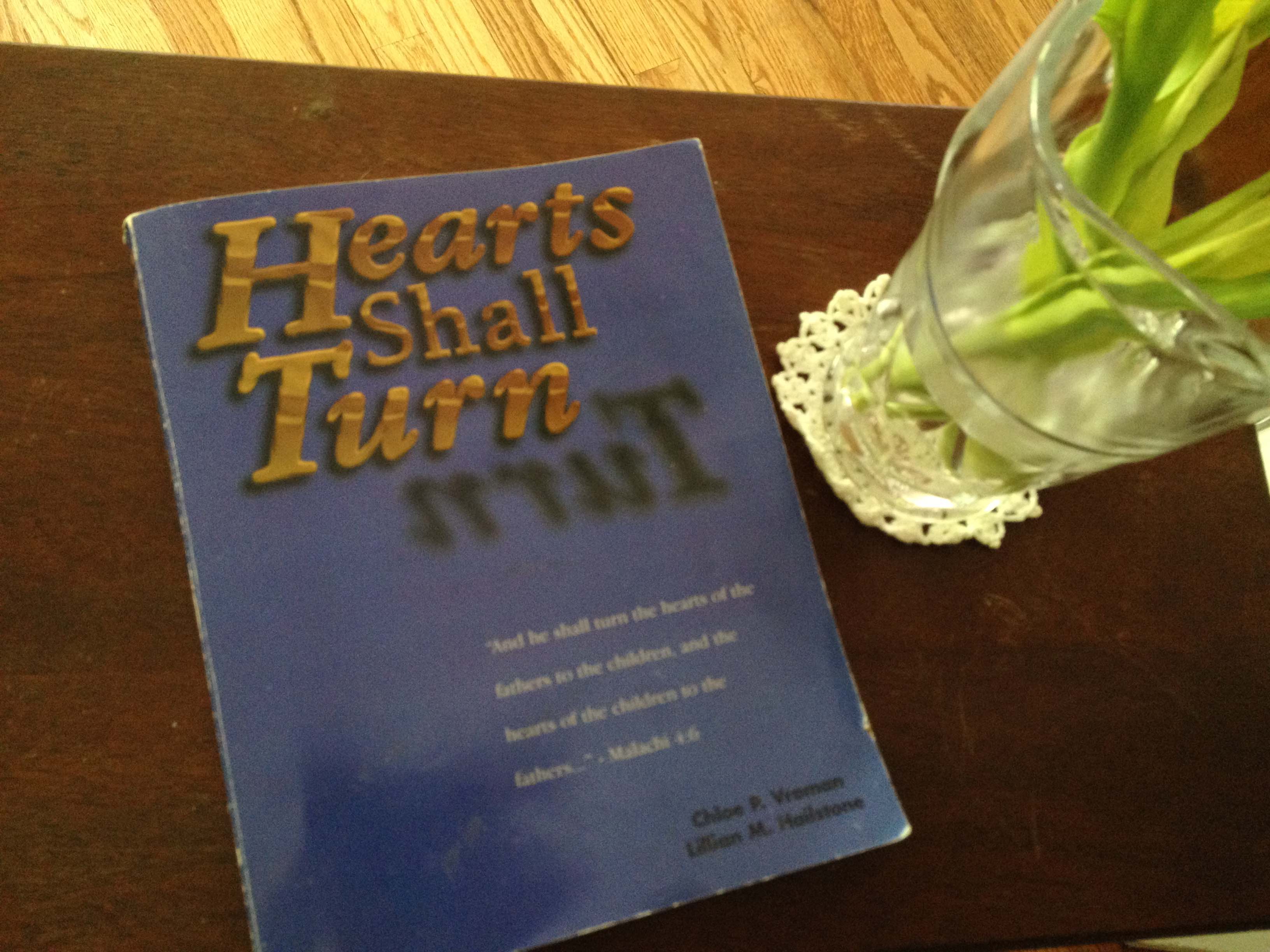
Personal Essay–I Remember When…
Go Back to Lesson 5.
Essays have:
- an interesting hook to begin the story.
- one main point of interest that is told with just enough detail to make it interesting.
- several stories linked together with a similar running theme.
- can be any length.
- basically, you have complete freedom to make it your own. Just make it interesting reading.
However, a good essay involves these skills:
- Mental Organization
- Psychological Freedom
- Rhetoric
- Critical Thinking
That first paragraph needs to be written in such a way to grab the reader. The following paragraphs need to be engaging, interesting, and exciting. This can be accomplished by the words used, not necessarily the story or subject matter, so take your time and choose carefully.
When writing your essay, be aware of the point of view.
First person: Typically, this person tells his own story.
Third person: The author tells us about all actions, and characters, from the outside looking in.
You must also decide if you wish to write in the past tense or present tense. Consistency is important.
A cardinal rule is that a writer chooses one viewpoint and sticks with it throughout the narrative.
 Voltaire said, “The way to become boring is to say everything.” Too much detail isn’t interesting to anyone. A good writer gives the right amount of solid, important information, then develops it with anecdote and description.
Voltaire said, “The way to become boring is to say everything.” Too much detail isn’t interesting to anyone. A good writer gives the right amount of solid, important information, then develops it with anecdote and description.
Robert Frost said, “Nouns and verbs are pure metal; adjectives and adverbs are cheaper ore…Death toll the adjective!”
Sheridan Baker said, “Resolve not to use the passive voice. Simply fly in the face of convention and begin your sentences with “I” or “we” or “the writer”.
Challenge:
Pick one memory and write an essay about it. Follow all of the rules mentioned above.